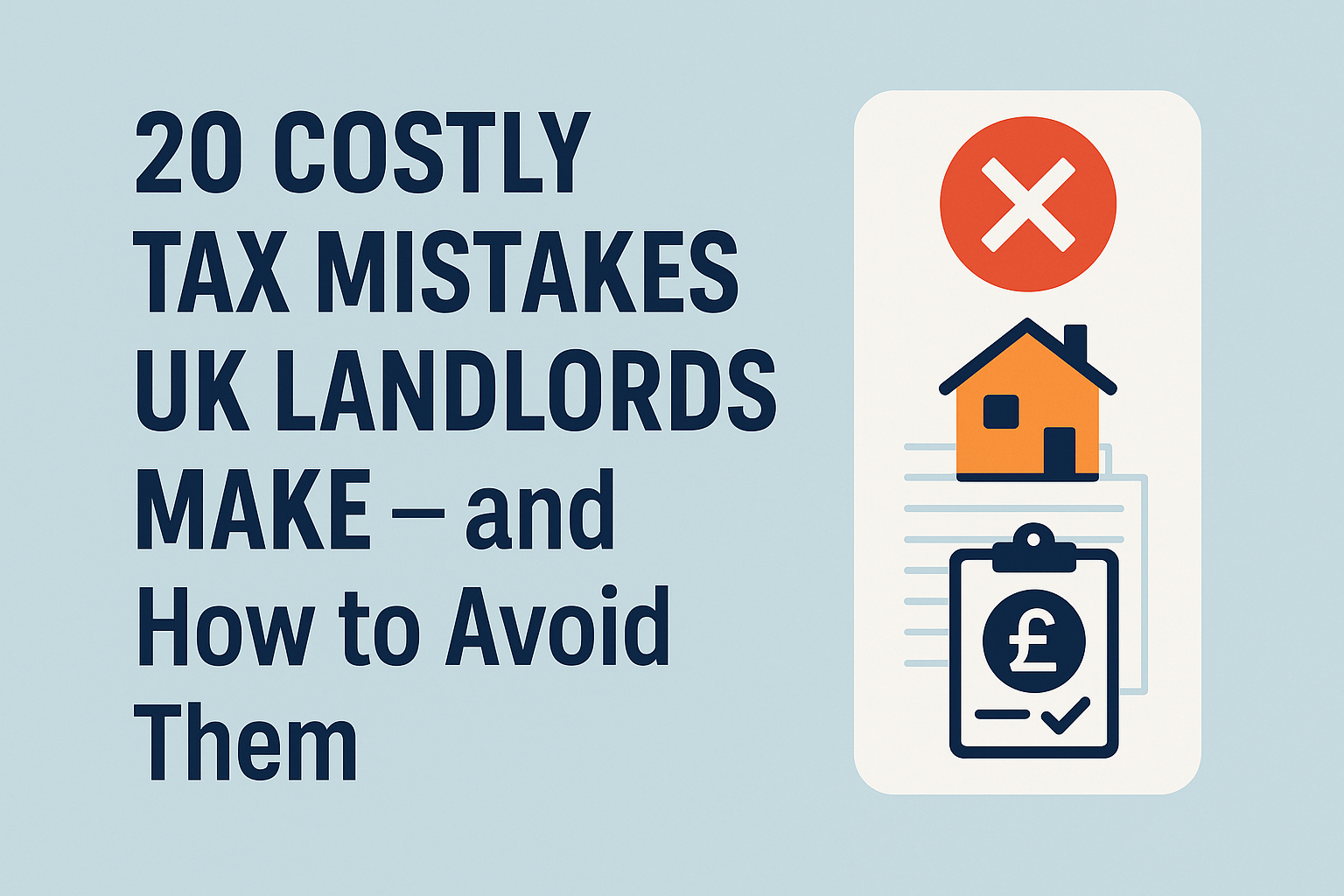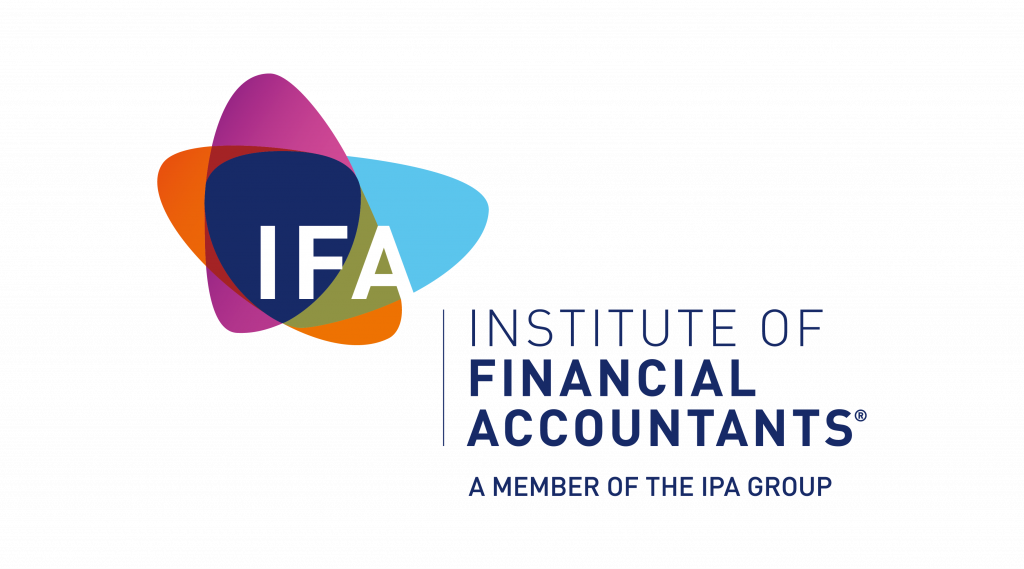20 Costly Tax Mistakes UK Landlords Make — And How to Avoid Them
Introduction:
Becoming a landlord in the UK can be a profitable venture, but tax compliance is complex and constantly evolving. From the moment you begin letting your property, there are numerous tax obligations to navigate. Missing even one detail can result in overpaid tax, fines, or serious issues with HMRC.
At Accountancy & Tax Crew, we specialise in supporting landlords across the UK with expert guidance. Below, we take you through the 20 most common tax mistakes landlords make, organised in chronological order of a landlord’s journey — from first letting to property sale.
1. Failing to Register for Self Assessment
Deadline: 5 October following the end of the tax year you started letting If you begin renting property and don’t register with HMRC, you risk fines. Even if you earn below the tax-free allowance, you may still need to register. Avoid it: AT Crew can register you properly with HMRC and ensure you’re compliant from day one.
2. Not Setting Up a Separate Bank Account for Rental Income
Mixing personal and rental finances leads to messy records and errors. Avoid it: Open a separate bank account as soon as you start letting. We can advise on how to structure your finances for clarity.
3. Assuming You Don’t Need an Accountant
Landlords often believe their affairs are too simple for professional help. This can lead to missed deductions or errors. Avoid it: Our landlord tax returns start from just £150 — affordable expertise that can save thousands.
4. Incorrect Use of the £1,000 Property Allowance
You cannot claim both the property allowance and actual expenses. Avoid it: We advise which option is more tax-efficient for your specific setup.
5. Forgetting to Claim Allowable Expenses
Many landlords miss deductions such as:
- Letting agent fees
- Maintenance and repairs
- Council tax during void periods
- Mortgage interest (restricted under current rules) Avoid it: We ensure every valid expense is claimed and documented.
6. Misreporting Mortgage Interest
Only the interest portion is eligible for tax relief, and even that is now restricted. Avoid it: We calculate the correct deduction and apply the 20% tax credit correctly.
7. Overestimating What Counts as a Repair
Improvements (e.g. extensions, new kitchens) are capital costs, not deductible against rental income. Avoid it: We separate repairs from improvements to ensure accuracy.
8. Improper Use of Home Office Claims
Managing your property from home? You can claim some costs, but it must be reasonable and provable. Avoid it: We calculate fair-use claims that hold up under HMRC scrutiny.
9. Not Keeping Proper Records
Receipts, invoices, and tenancy agreements must be kept for at least 6 years. Avoid it: We implement digital systems that keep you organised and compliant.
10. Underreporting or Omitting Income
HMRC now receives data from Airbnb, letting agents, and deposit schemes. Missing income is easily caught. Avoid it: We make sure every penny is reported — accurately and on time.
11. Missing the Self Assessment Tax Return Deadline
Deadline: 31 January Late submission leads to a £100 fine, increasing with delay. Late payment incurs interest. Avoid it: We submit your returns early and ensure payments are tracked.
12. Submitting an Inaccurate Tax Return
Mistakes or estimates can lead to inquiries, penalties, or a tax investigation. Avoid it: We review your figures, challenge unclear items, and file error-free returns.
13. Failing to Budget for Payments on Account
Due: 31 January and 31 July Landlords with over £1,000 tax liability must prepay next year’s bill. Many forget. Avoid it: We forecast liabilities and help you plan ahead.
14. Claiming Ineligible Wear and Tear Relief
The old 10% flat rate allowance ended in 2016. Now only actual replacement costs qualify. Avoid it: We claim only what’s allowed — and keep records to back it up.
15. Ignoring VAT When Running Serviced Accommodation
If turnover exceeds £90,000, VAT registration becomes mandatory. Avoid it: We monitor your earnings and advise on VAT planning early.
16. Letting Capital Gains Tax (CGT) Deadlines Slip
Deadline: Report and pay CGT within 60 days of sale Missing this triggers daily penalties and interest. Avoid it: We calculate and file your CGT return fast and help reduce your bill.
17. Not Planning for CGT on Gifts or Transfers
Gifting property (even to family) can trigger CGT unless structured correctly. Avoid it: We provide tax-efficient ways to transfer property within your family.
18. Overlooking Foreign Property Income
Overseas income must be reported. HMRC receives global data and can cross-reference. Avoid it: We ensure all foreign income is declared and any tax treaties applied.
19. Not Understanding FHL (Furnished Holiday Let) Rules
FHLs offer generous tax breaks — but only if qualifying conditions are met. Avoid it: We monitor your letting activity to keep you within FHL rules or advise when to switch.
20. Using the Wrong Ownership Structure
Holding property in your own name might not be optimal. A limited company may offer better long-term tax efficiency. Avoid it: We run comparisons and advise if incorporation is right for your situation.





unlocker.ai – The Ultimate AI Tool for Bypassing Restrictions and Unlocking Content Seamlessly!
xgbet PH: The Best Online Casino & Live Sports Betting with Fast GCash Payouts Experience top-tier gaming at xgbet online casino Philippines. Discover the best online slots xgbet and thrilling xgbet live sports betting. Secure your xgbet login PH today for seamless GCash online gambling Philippines with the fastest payouts in the country. visit: xgbet